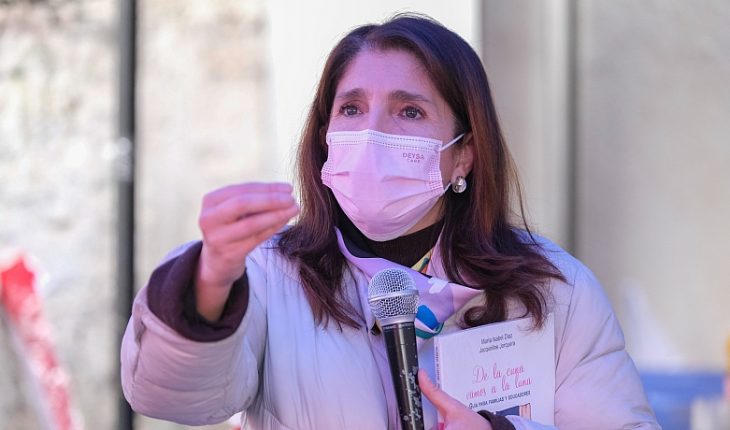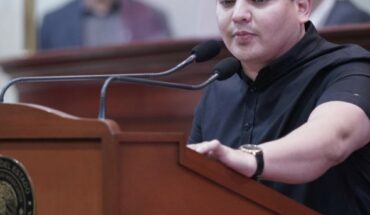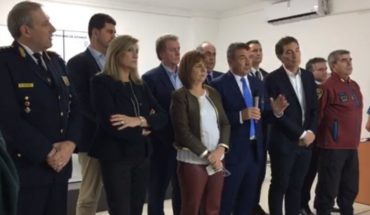Narváez said that “our commitment is to all the children of Chile. Our commitment is that we really have a look at children from the promotion of their rights, where we can prevent violations of those rights and where the State is equal to the protection that children and adolescents deserve in our country.” The presidential letter said that his government proposal establishes a real effort to “put at the center the best interests of children and adolescents, making real the commitment we have to the Convention on the Rights of the Child, in which, as a country, we are deaned.” We have, as a State, the obligation at the international level to adapt all our institutions, all our legislation so that children and adolescents can live a life free of violence, can have a health that allows them their integral development, an education that enhances their talents and that they can live in an environment that cares for and protects them”, Added. In this line, Narváez explained that “we are considering a childhood with zero poverty and for that we are going to support, through a Universal Basic Income to women, boys and girls – in a first stage – which allows us to provide a support base, within the framework of social protection, to women and their children as the main element of our social policy.” Another commitment detailed by the socialist is related to the expansion of the Chile Crece Contigo program, an initiative that “we will extend to the age of 18 for children,” she said. “We have an important children’s policy, which makes a substantive change of look, rather than towards rehabilitation towards the promotion of rights and towards the prevention of the violation of rights that today, unfortunately, is something that we see very daily and that we have to change if we want to be a country of which we are proud,” said the standard-bearer. On the other hand, he was asked about his expectations of participation in the next citizens’ consultation of The Constituent Unity, to be held on August 21. Narváez hopes “that as many people as possible will participate,” adding that “we are making a huge effort to disseminate this consultation, working on the ground, touring Chile, spreading through the media and social networks. All the participation that takes place that day will be better than having decided between four walls a presidential candidacy.” Regarding the statements of the DC candidate, Yasna Provoste, who indicated that there are those who think that Chile’s problems are in the logic of militancy and that she would know what the real and profound problems of the country are, the former minister replied that “I am in La Pintana today; yesterday in El Bosque, in Lo Espejo; we have been a little while ago in Coronel, in Antofagasta, we have traveled throughout the country and built a program with the participation of 9 thousand people.” We believe, with great humility, to have a fairly close approach to what is happening to our country. I think that every time politics has to be filled with that as the main task. The substance of the discussion of ideas we have already discussed, but the forms in politics are also very important,” he said. As for the need to extend the IFE, Narváez reiterated that the “government has to provide important and substantive information about the situation we are in as a country from the point of view of health. We need that diagnosis as soon as possible, so that the Congress of the Republic can also contribute to this discussion about what will be the response that the families will have to face the last months of the year.” He indicated that, if today’s health situation creates conditions for an economic opening, the executive branch will have to “provide public policy tools to face this moment, establish how it is going to do it and where the incentives will go.” If there are still no conditions for a broad and massive opening, it is necessary to maintain the IFE. In any case, the withdrawal of the IFE cannot be suddenly and for good reason and will have to be with sufficient graduality so that families can adapt,” he concluded.
translated from Spanish: Narváez presented his children’s policy: “Our commitment is to all the children of Chile”
August 8, 2021 |





